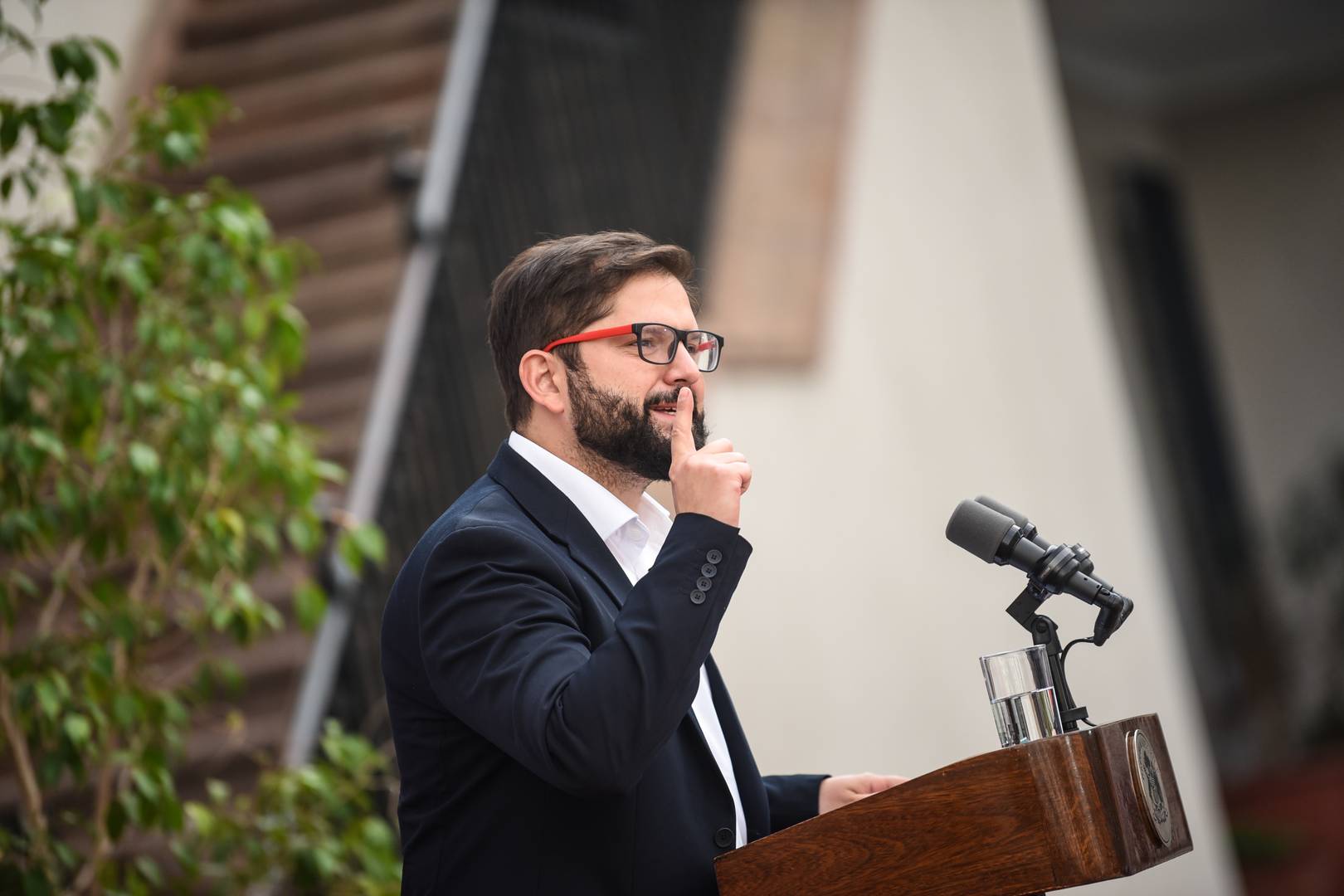
Chilean President Gabriel Boric’s plan to approve a bill to legalize euthanasia and pass another law regulating legal abortion in the country has been criticized by local Catholic bishops. This was reported by the Catholic portal Crux on June 6.
Borich announced the projects June 1 during the president’s annual State of the Union address, which is similar to the president’s State of the Union address.
“I believe in the need for a democratic debate on sexual and reproductive rights. For this reason, in the second half of this year we will present a bill to legalize abortion. (…) The women of Chile deserve the right to decide for themselves”Borich said.
He recalled that in 2017, former President Michelle Bachelet enacted a law that allows women to legally abort under three conditions: if the child was conceived as a result of rape; if the child endangers the mother’s life; or if the child could not survive after birth.
“Seven years have passed and, given this reasonable evaluation time, we have decided to improve law enforcement. Therefore, we have introduced a new provision in this law.” Boric explained and added that his objective is to “guarantee that the population knows their options, guarantee the right established by law and that personal conscientious objection.” “It does not prevent abortion for these three reasons.”
Regarding euthanasia, Borich confirmed that the government has the obligation to respond to those who suffer it “Incurable diseases that entail a progressive and irreversible decline in capabilities, with constant and intolerable physical suffering that cannot be alleviated and that the patient finds unacceptable.”.
“I will do my best and we will move forward with the euthanasia and palliative care bill that is currently in the Senate, because passing this legislation is an act of compassion, responsibility and respect.” – said Borich.
The President cited the case of Susana Moreira, a young woman who suffers from Facioscapulohumeral Muscular Dystrophy (FSHD), a genetic muscle disorder that affects the muscles of the face, shoulder blades and shoulders.
Last year, Moreira sent a letter to Borich asking him to allow her to undergo euthanasia. He fears he won’t be able to breathe in the future and he wants to be able to undergo euthanasia before something like this happens to him.
He explained that it was not his place to make the decision, but promised to turn the euthanasia bill, which has been stalled in the Senate since 2022, into an urgent issue.
In its June 2 letter, Chile’s bishops’ conference said it “deeply regrets such initiatives that attack the sacred and inviolable value of human life.”
The bishops said there are “no implicit sexual and reproductive rights of some at the expense of attacks on the lives of others.”
The letter ends with a call from the bishops against the relativization of the value of human life. He linked the protection of human rights (what Borich stood for) with the protection of life from conception to natural death.
According to Bishop Juan Ignacio González of the Diocese of San Bernardo, many Chileans are expressing their discontent with the two bills. A group of evangelical organizations also called against euthanasia and abortion.
González recalled that some countries in the region, such as Ecuador and Peru, have recently decriminalized euthanasia, a measure that may indicate a certain level of international coordination between those who want to promote abortion and euthanasia.
Source: Rossa Primavera
I am Michael Melvin, an experienced news writer with a passion for uncovering stories and bringing them to the public. I have been working in the news industry for over five years now, and my work has been published on multiple websites. As an author at 24 News Reporters, I cover world section of current events stories that are both informative and captivating to read.
